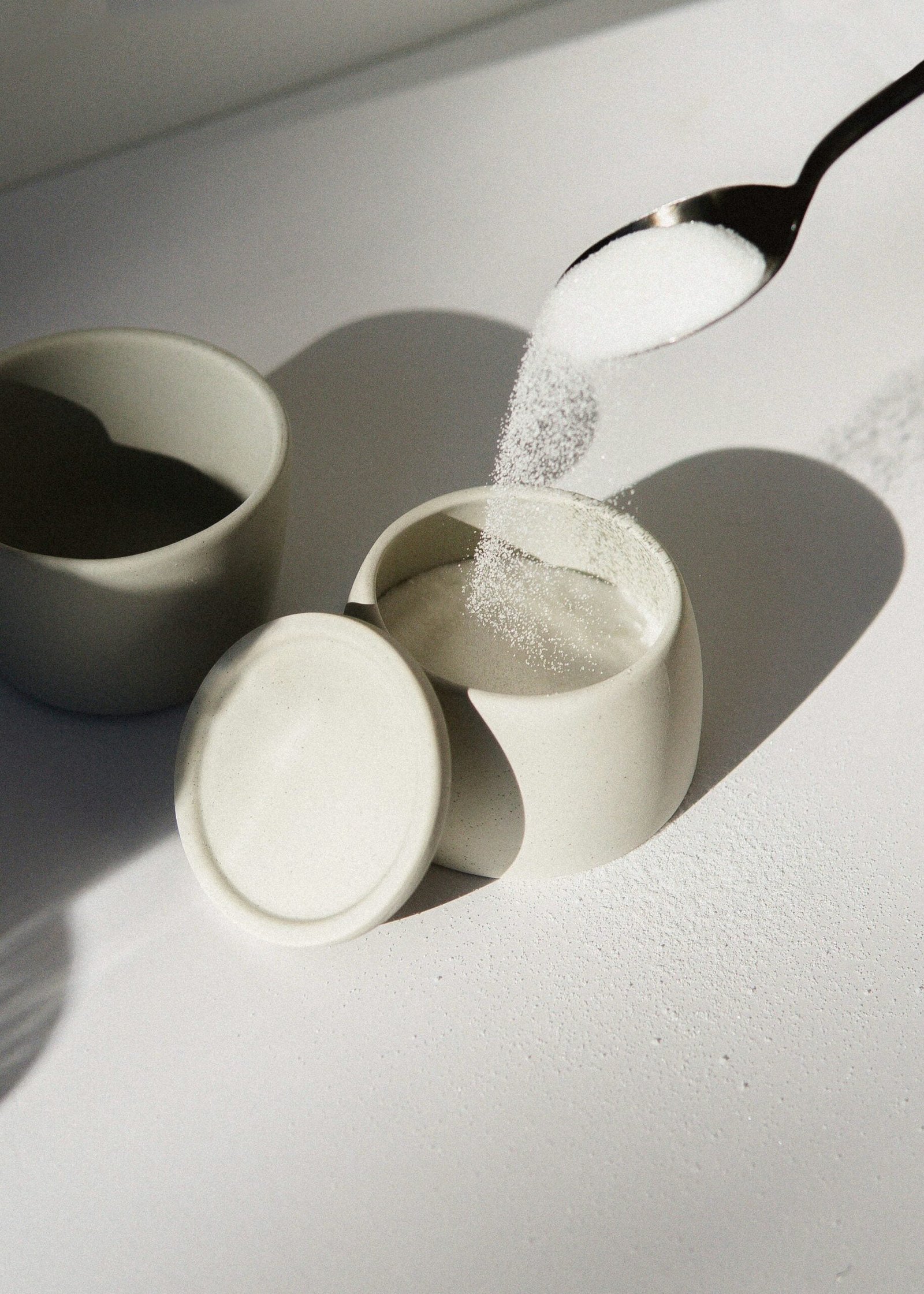Sugar is a common ingredient found in many of our favorite foods and beverages. From desserts to beverages, it adds a touch of sweetness to our lives. However, what many people don’t realize is that excessive sugar consumption can have a negative impact on our skin. In fact, sugar can age your skin faster than you might have ever thought. In this article, we will explore the various ways in which sugar can affect your skin and provide you with valuable insights on how to mitigate its damaging effects.
The Role of Sugar in Skin Aging
Before we delve into the specific ways in which sugar can age your skin, it’s important to understand the underlying mechanisms at play. When we consume sugar, it triggers a process called glycation in our bodies. Glycation is the binding of sugar molecules to proteins, such as collagen and elastin, which are responsible for maintaining the firmness and elasticity of our skin.
As sugar molecules attach to these proteins, they form harmful molecules called advanced glycation end products (AGEs). These AGEs can wreak havoc on our skin by causing inflammation, damaging collagen and elastin fibers, and impairing the skin’s natural repair mechanisms. Over time, this can lead to the development of wrinkles, sagging skin, and an overall aged appearance.
Now that we understand the role of sugar in skin aging, let’s explore the specific ways in which it can accelerate the aging process.
1. Increased Formation of Wrinkles
Sugar consumption can lead to increased formation of wrinkles. As mentioned earlier, the formation of AGEs can damage collagen and elastin fibers, which are essential for maintaining the skin’s elasticity. When these fibers are compromised, wrinkles and fine lines become more prominent, giving the skin a prematurely aged appearance.
Furthermore, sugar can also contribute to the breakdown of hyaluronic acid, a substance that helps the skin retain moisture. When hyaluronic acid levels decrease, the skin can become dehydrated, further exacerbating the appearance of wrinkles.
To minimize the formation of wrinkles, it’s important to reduce your sugar intake and focus on a diet rich in antioxidants, vitamins, and minerals that promote skin health.
2. Loss of Skin Elasticity
Sugar consumption can also lead to a loss of skin elasticity. The damage caused by the formation of AGEs can impair the skin’s ability to bounce back and regain its shape. This can result in sagging skin and a lack of firmness.
In addition to reducing sugar intake, incorporating collagen-boosting foods into your diet, such as bone broth, fish, and leafy greens, can help improve skin elasticity and promote a more youthful appearance.
3. Inflammation and Acne
Excessive sugar consumption can trigger inflammation in the body, which can manifest as acne on the skin. When we consume high amounts of sugar, our blood sugar levels spike, leading to increased insulin production. This, in turn, triggers the production of sebum, an oily substance that can clog pores and contribute to the development of acne.
Reducing sugar intake and incorporating anti-inflammatory foods, such as fruits, vegetables, and omega-3 fatty acids, can help combat inflammation and improve acne-prone skin.
4. Glycation and Dark Spots
Glycation, the process triggered by sugar consumption, can also contribute to the formation of dark spots on the skin. As sugar molecules bind to proteins, they can alter the production and distribution of melanin, the pigment responsible for skin color. This can result in the formation of hyperpigmentation and uneven skin tone.
To address dark spots caused by glycation, incorporating ingredients such as vitamin C, niacinamide, and retinol into your skincare routine can help brighten the skin and reduce the appearance of hyperpigmentation.
5. Impaired Skin Repair
Sugar consumption can impair the skin’s natural repair mechanisms, making it more difficult for the skin to heal and regenerate. The damaging effects of AGEs can interfere with the production of collagen and elastin, which are essential for wound healing and skin repair.
Incorporating foods rich in antioxidants, such as berries, leafy greens, and nuts, can help support the skin’s repair processes and promote a healthy complexion.
6. Dehydration and Dullness
Sugar consumption can contribute to dehydration, as it can disrupt the balance of water within the body. When the skin is dehydrated, it can appear dull and lackluster.
To combat dehydration and maintain a healthy glow, it’s important to drink an adequate amount of water and incorporate hydrating skincare products into your routine.
7. Accelerated Aging Process
By now, it’s clear that excessive sugar consumption can accelerate the aging process and lead to premature skin aging. The combination of glycation, inflammation, collagen damage, and impaired repair mechanisms can all contribute to the overall deterioration of the skin.
Adopting a balanced diet that limits sugar intake, along with a comprehensive skincare routine, can help slow down the aging process and maintain a youthful complexion.
Conclusion
Sugar may be a delightful indulgence, but its impact on our skin should not be overlooked. Excessive sugar consumption can lead to the formation of wrinkles, loss of skin elasticity, inflammation, dark spots, impaired skin repair, dehydration, and accelerated aging. By reducing our sugar intake and adopting a holistic approach to skincare, we can mitigate the damaging effects of sugar and promote healthier, more youthful-looking skin.


